Building The Future By Fixing The Past
A few weeks ago I recorded a Sports Desk video with colleagues Matt Bertz and Brian Shea reviewing 2018. Unfortunately, the more we talked, the more pessimistic I became about where we are with many sports series. Games are shipping with more and more bugs, the online experience is still unpredictable for many, and legacy issues define some titles more than the actual advancements for the year. We’re in what should be the sweet spot for games in terms of where we are in this generation of home consoles, but it feels like many sports titles are stuck in the mud.
What can we do to get back on track? Perhaps studios should consider the unthinkable: Prioritize fixing existing gameplay and features over creating new ones. Will this happen? Absolutely not. It would be the equivalent of committing suicide for companies’ marketing departments who have to continually drum up interest for these yearly iterations by leaning on new promises. But perhaps in the quest of growing an active player base the best thing publishers and developers can do is keeping existing players from leaving by fixing legacy issues and ensuring the game works as advertised in the first place.
This process currently exists already. Development teams work before and after a game is released to address issues old and new, but there’s only so much time to solve these problems when new features are being implemented. And I’d bet money that when push comes to shove priority is given to a new feature over spending time fixing a legacy issue.
Addressing old problems and building new features are not necessarily mutually exclusive ideas, however. Fixing what you have enables gameplay elements like passing in a soccer game, for instance, to become more stable foundations to build on in future iterations without creating inefficiencies that developers then have to reconcile later on. It's well-known that parts of Madden, for example, are based on age-old code. I imagine cleaning this up would mean less of a need for potentially cumbersome workarounds going forward.
Stabilizng these games could prove important with the next round of home consoles on the horizon. Given that some franchises have reset completely with new hardware, having your house in order from top to bottom now could potentially aid that transition, allowing franchises to hit the ground running. With perhaps as little as two iterations of sports titles left until Microsoft releases its next system, I for one am not expecting any grand sports game innovations to alter the current trajectory we're on, so perhaps fixing what we currently have is actually time well spent.
In this era's rise of fantasy modes and microtransactions, it would be nice if today's sports games could also be remembered for reversing the build-up of legacy issues. Progress doesn't always mean something new. For some of today's sports games, a clean title that lives up to expectations could be the biggest, most-welcome new feature of them all.
THE TICKER
Project Cars Developer Slightly Mad Studios Unveils The Mad Box Console

Get the Game Informer Print Edition!
Explore your favorite games in premium print format, delivered to your door.
- 10 issues per year
- Only $4.80 per issue
- Full digital magazine archive access
- Since 1991












